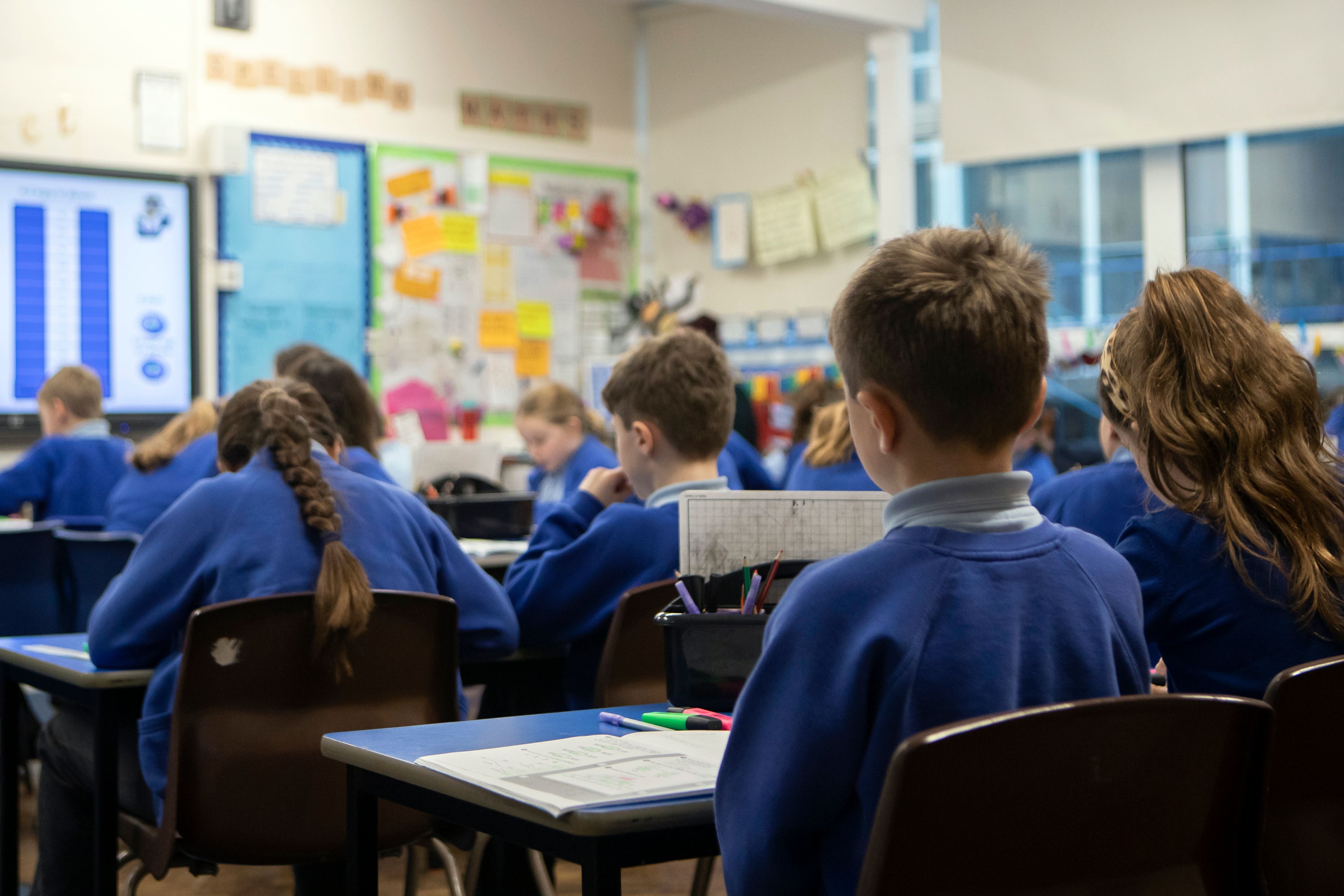Why Bridget Phillipson is getting tough on holidays, birthdays and runny noses in the school ‘absence epidemic’
With the new school year about to begin, Labour’s education secretary needs to find a solution to the crisis of children staying away during term time, writes David Maddox

Like many new ministers, Labour's education secretary Bridget Phillipson found that she had a lot on her plate when she took up her new job in July.
While she was braced for a fight with independent schools over the charging of VAT on fees – or ending their tax break, as she would argue – she knew she had a task in using the £1.5bn in revenue that raised to recruit 6,500 extra teachers.
But what she did not expect to be an early problem was the “absence epidemic” of pupils missing from classrooms.
The situation is akin to the prisons crisis, which has meant the new government has had to release offenders early due to overcrowding, in that it appears to be much worse than expected.
For Phillipson, ensuring children make the most of their schooling is personal, as it was education that raised her out of severe poverty to Oxford University and now a senior minister.

How bad is the crisis?
According to the latest available data for England, 150,000 children were recorded as “severely absent” from school in 2022-23. This means they missed every other day – or half of all teaching time.
The Department for Education (DfE) says 22 per cent of pupils were labelled as “persistent” absentees and 1.5 per cent were judged “severe” absentees in the last academic year. Both figures have more than doubled since 2017-18.
Wales, Scotland and Northern Ireland’s education is overseen by their devolved governments.
What is the impact on children?
The main problem is that they miss out on education. Phillipson has noted that it is no good making maths compulsory for pupils aged 16 and over doing A-levels when some have given up on the subject aged six.
The long-term effects build up though.
A recent study by the DfE has found that every day missed from the classroom will cost absent children “hundreds of pounds” in wages over their lifetime.
Added to that, children from low-income families can miss out on meals and vital support if they are not at school. For those from abusive families there is also a loss of protection and monitoring.

Why are children absent so much?
Phillipson blamed parents for keeping their children at home if they had “a runny nose” or letting them off school if it was their birthday.
In other cases, parents take children on holidays during term time because flights and hotels are much cheaper during the school year when there is less demand.
In some cases, though, children just avoid going to school. There are homes where some parents struggle to control or look after their children, such as parents who are drug addicts.
Some have also argued that the problem became worse after the pandemic and lockdown when children spent most of two years at home being schooled remotely.
Data also shows that children appear to be less happy at school, with those saying they enjoy school falling by five points to 60.5 per cent last year.

What are the rules?
The rules are very clear according to the DfE website.
It notes that absence is only allowed if “they’re too ill to go in” or “you have advance permission from the school”.
It notes: “A holiday is generally not considered an exceptional circumstance. You cannot usually take your child away during term time.”
Did the Tories do nothing?
Since Phillipson came out on the attack over the issue at the weekend, the Tories have hit back.
They pointed out that they more than doubled the fines levied on parents whose children missed school.
The most recent announcement suggested that fines would rise from £60 to £80, and to £160 if they were not paid within 21 days.
In 2022-23 councils raised £19m in fines from parents of children for unauthorised absences.
Schools have to collect attendance data and include reports on the children. They have to raise persistent absences as a concern and the issue is one of the things that Ofsted judges them on.
What will Phillipson do?
The simple answer appears to be more fines, though persistent absences usually come in low-income families.
But Phillipson is also concerned about the data on less children enjoying school.
She told The Sunday Times her priority is to help schools and parents create a welcoming environment for children.
Failing that, she warned she would be “tough” and make no apology for fines.
Subscribe to Independent Premium to bookmark this article
Want to bookmark your favourite articles and stories to read or reference later? Start your Independent Premium subscription today.
Join our commenting forum
Join thought-provoking conversations, follow other Independent readers and see their replies
Comments